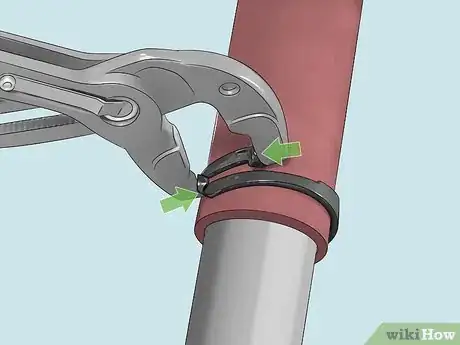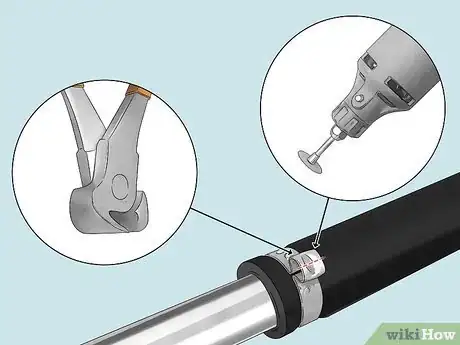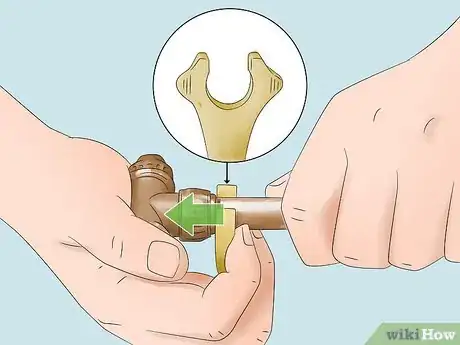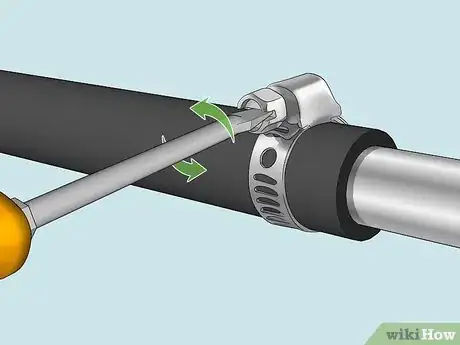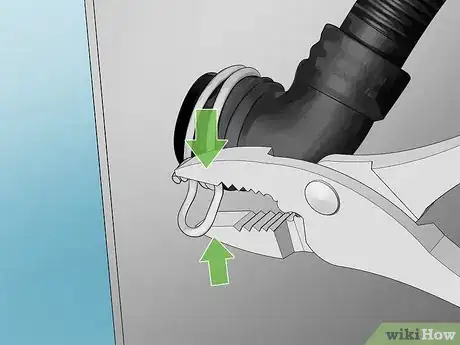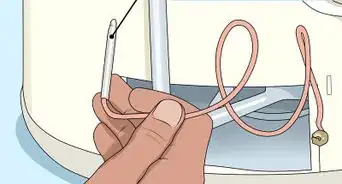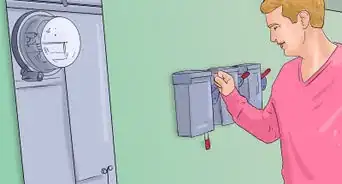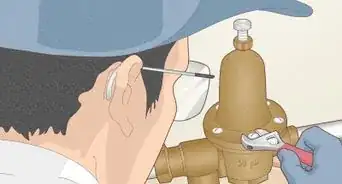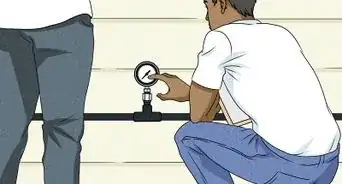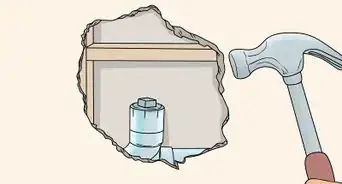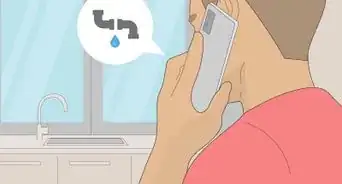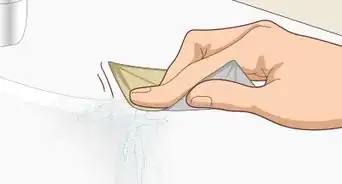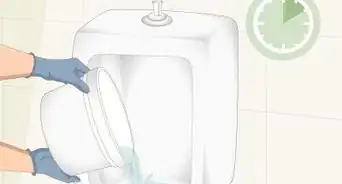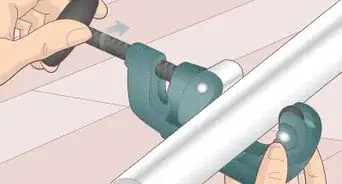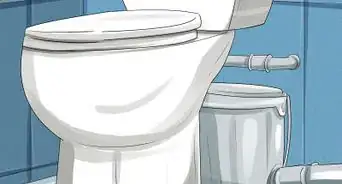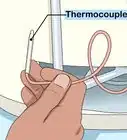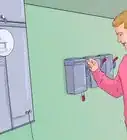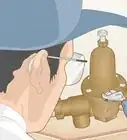This article was co-authored by David Balkan. David Balkan is a Professional Plumber, CEO of Balkan Sewer and Water Main Service, and President of Balkan Sewer and Drain Cleaning. As a hands-on owner of these companies for over 40 years, David is knowledgeable about water service lines, sewers, and drain line issues. David is a Committee Chairman of the Master Plumbers Council and has sat on the Executive Committee of the Sub Surface Plumbers Association of New York for over 30 years. His knowledge and solution-oriented approach contributed to Balkan Sewer and Water Main Service being the largest and most trusted service in New York City and the recipient of the 2017 Angie’s List Super Service Award.
This article has been viewed 72,005 times.
Hose clamps are used for connecting many types of tubing and come in a variety of styles. Whether you need to disconnect a hose in your boat engine or replace the hose clamp on your washing machine’s drain hose, the process is pretty straightforward. All you need is the right tool for the job and a little elbow grease, and in no time at all you can get any hose clamp off! Check out these answers to common questions about removing different types of hose clamps.
Steps
References
- ↑ https://www.youtube.com/watch?v=8k43XNIP61k&t=115s
- ↑ https://www.youtube.com/watch?v=NEQs_XaY9DI&t=90s
- ↑ https://www.youtube.com/watch?v=vEgelBB9ByU&t=145s
- ↑ https://www.youtube.com/watch?v=DsYF2gQ_z88&t=25s
- ↑ https://blog.qrfs.com/362-how-to-use-pipe-thread-sealant/
- ↑ https://blog.qrfs.com/362-how-to-use-pipe-thread-sealant/
- ↑ https://blog.qrfs.com/362-how-to-use-pipe-thread-sealant/
